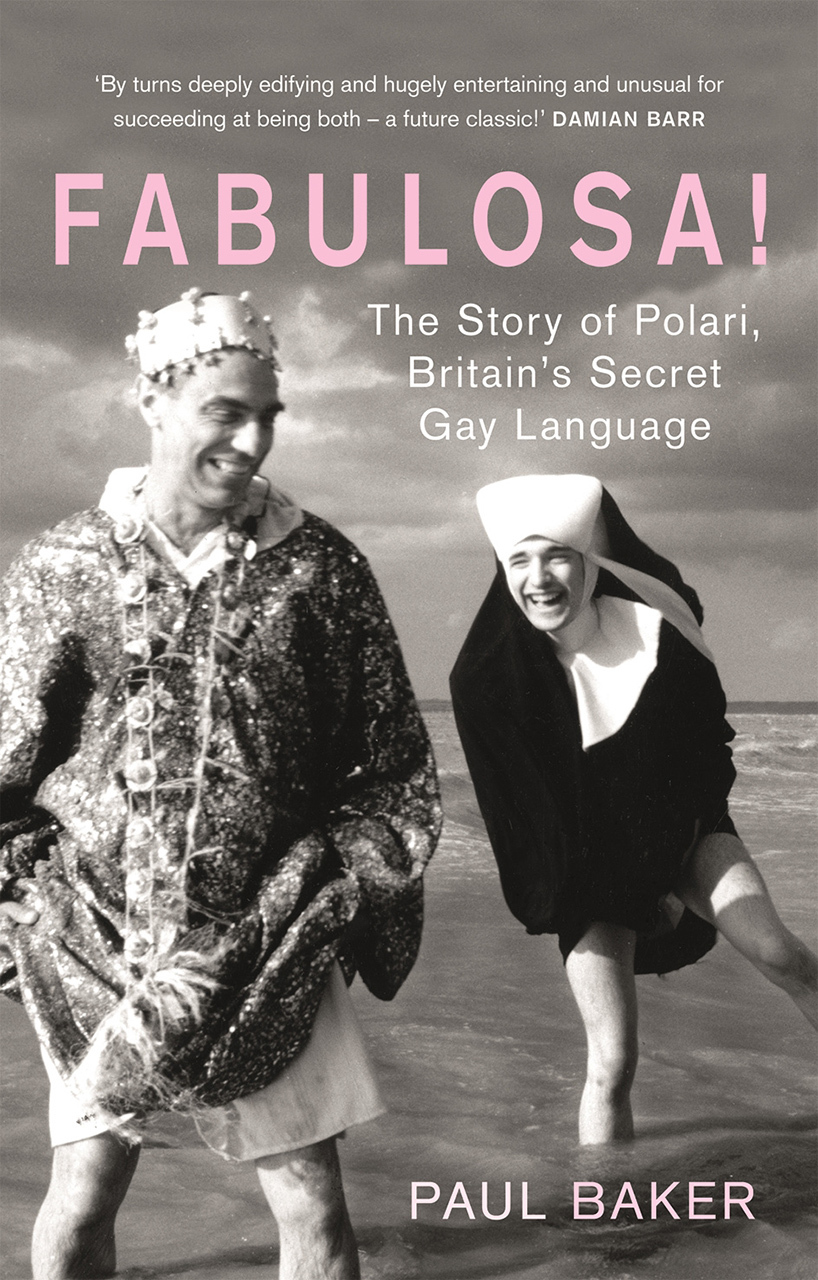What do you think?
Rate this book


320 pages, Hardcover
First published August 2, 2020
Alison, are you going to start randomly inserting Polari words into your Facebook posts and such now?
Well, duckie, I won't mogue, it's bona cackle, and a bibi palone needs lingo when she's in the life, mais oui--and that's your actual French!